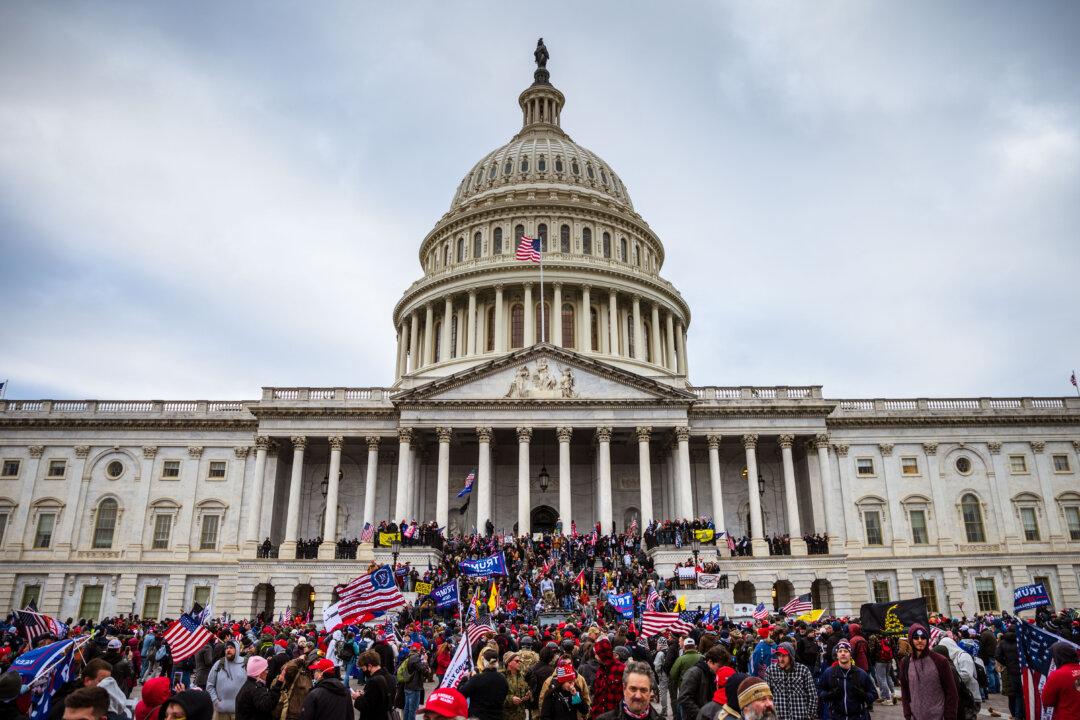President-elect Donald Trump is set to be inaugurated on Jan. 20 and gain all the powers of the presidency as outlined by the U.S. Constitution.
The pardon power, in particular, has provoked considerable debate in recent months as Trump will be entering office amid a wave of prosecutions in response to the Jan. 6, 2021, U.S. Capitol breach.





